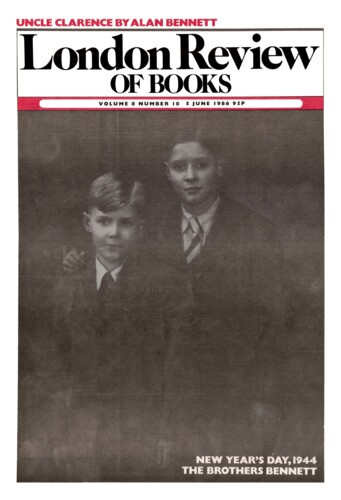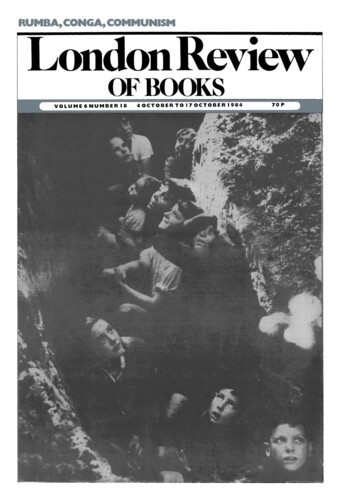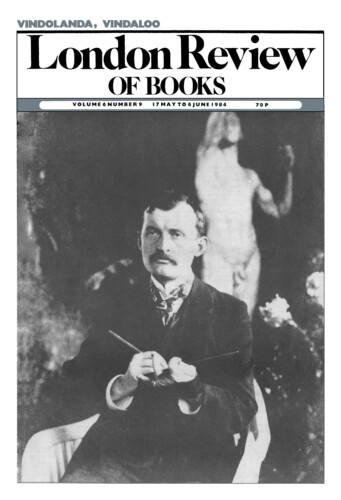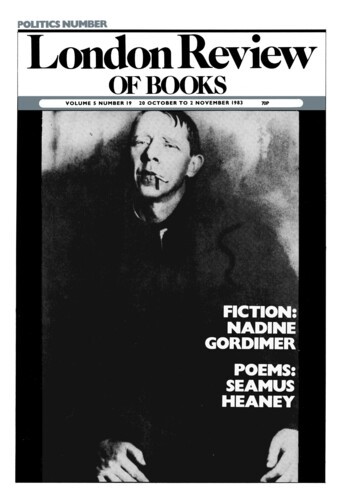W.G. Runciman on the tendency of human societies to form varieties
W.G. Runciman, 5 June 1986
A title which deliberately echoes that of Darwin’s joint presentation with Wallace to the Linnaean Society in 1858 may appear not only presumptuous but also inappropriate to a commemoration of Radcliffe-Brown, whose lifelong concern was with structure and function rather than with evolution, and whose vision of ‘a natural science of society’ was, it has often been said, more taxonomic than analytical. But the appearance is, I think, superficial, for two reasons. In the first place, as insisted by W.E.H. Stanner in his entry on Radcliffe-Brown in the 1966 Encyclopedia of the Social Sciences, Radcliffe-Brown’s ‘fundamental viewpoint was thoroughly historical’: if he neglected the study of history, it was not because he thought it unimportant, but because he held the contingencies of human affairs to be too haphazard for effective schematisation. In the second place, a taxonomy is implied by any theory which purports to explain why the structure of different societies is as it is and not as it might have evolved under other conditions: if Radcliffe-Brown’s ‘branch of natural science which will have for its task the discovery of the general characteristics of those social structures of which the component units are human beings’ – as he put it in his Presidential Address of 1940 to the Royal Anthropological Institute – turns out to be barren, that can only be because the characteristics chosen for comparative study are the wrong ones. I shall argue that we do now know what characteristics we have to look for; that they can be related to the concepts of both structure and function in a way which makes systematic explanation possible; and that such explanation will and must rest on a theory of social selection analogous but not reducible to the theory of natural selection. Whether Radcliffe-Brown would have been willing to entertain all three of these propositions I do not know. Perhaps he would have assented to the first two only to baulk at the third. But even so, I do not believe he would have regarded the attempt as inappropriate to his memory.’





